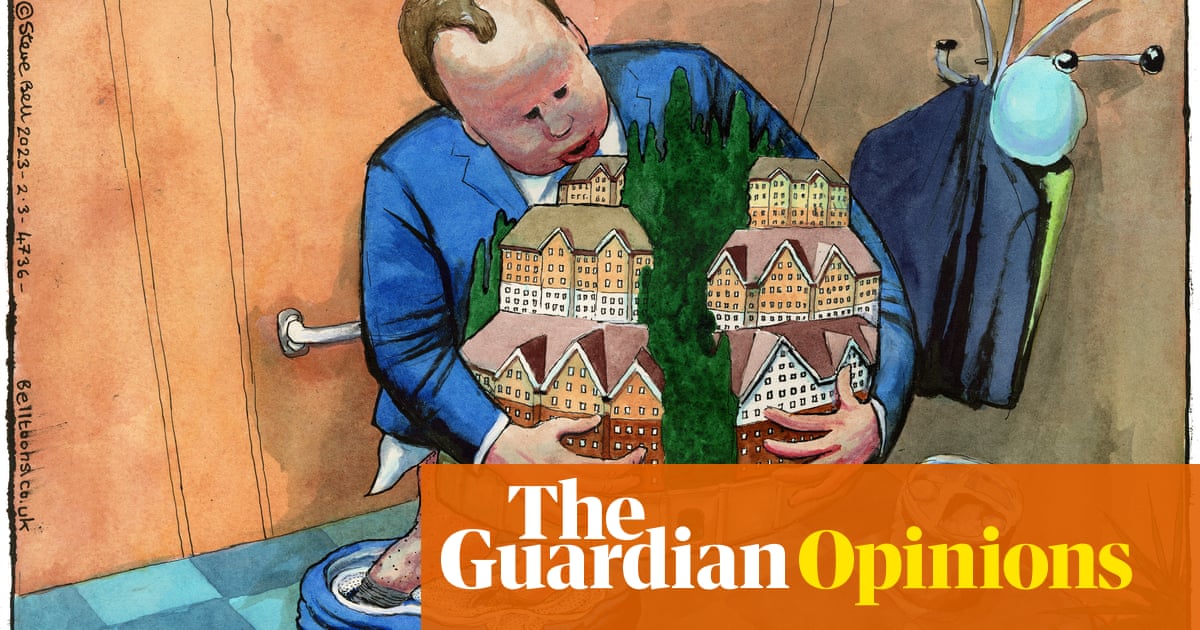
The first two coronavirus deaths among care workers in England were announced, as industry leaders hit out at chronic shortages of protective equipment and urged the government to start treating social care as “a second front line”.
Carol Jamabo, 56, a community carer for Cherish Elderly Care in Bury in Greater Manchester, died last Wednesday.
Another carer died in a home run by MHA, the UK’s largest charitable social care provider, which said it was unclear where she contracted the virus. The death of a West Dumbartonshire care worker that emerged on Sunday was also confirmed by the Scottish first minister, Nicola Sturgeon.
The fatalities came amid rising concern that those working in social care still do not have the protection they need amid the Covid-19 pandemic and that, without testing for the virus, staff risk contaminating care homes where elderly people are supposed to be “shielded”.
Peter Kyle, the MP for Hove – which has about 30 care homes - said facilities were effectively being “converted into hospices” because of a lack of protections. He said one home in his constituency had recorded 14 cases of coronavirus in residents aged over 75.
In Scotland, at least 15 residents at the 90-capacity Burlington Court care home in Glasgow have died after displaying symptoms of the virus.
They all had underlying health conditions and several were on “end of life pathways”, according to the care provider, Four Seasons. It declined to provide an update on further deaths, amid unconfirmed reports that several more residents were infected.
Nadra Ahmed, the executive chair of the National Care Association, which represents small and medium-sized care providers, said: “The issue we hear most is: ‘I am desperate for masks. Has anyone got any gloves? I am down to my last stock.’
“Once you run out, it is a question of being down to Marigolds and bin liners. Government has not reacted quickly enough to build confidence in the sector that PPE [personal protective equipment] is available.”
Kent county council is so short of protection items that it has asked partner organisations and thousands of its staff to try to drum up supplies. It said on Monday it has made “strong representations” to the government about shortages and has been promised deliveries, but believes these will not meet its needs.
On 25 March, the prime minister, Boris Johnson, was asked in parliament when all care home workers would get the protective equipment they needed and replied: “By the end of the week.”
Many in the care sector say this has not happened.
Liz Kendall, Labour MP for Leicester West, said about one in three care homes in her constituency still had no PPE on Friday.
“While [chancellor] Rishi Sunak was right to say the NHS would get whatever resources it needs, the same has got to be true for social care because the two services are inextricably linked,” she said.
Care workers can use large quantities of PPE if they follow government guidance that – in care homes with suspected or confirmed Covid cases or on domestic visits to a shielded person – they should wear gloves, plastic apron, mask and possibly eye and face protection.
Some care managers are going into debt to keep staff and residents safe. Anita Astle, the manager of the Wren Hall nursing home in Nottinghamshire, where nine residents are in isolation with suspected Covid-19, paid £9,000 for a consignment of masks at £2.74 each – five times the usual price – because government supplies were insufficient.
“The first delivery [from the government supply] was 160 masks,” she said. “I told them we were using 312 a day. I waited four days and got 400. The supply chain is completely useless.”
Sam Monaghan, the chief executive of MHA, said: “People who work in the care sector are extraordinary individuals, each and every one of them, and I can’t impress enough how important it is that we get testing and adequate levels of PPE to keep them and residents safe.”
The Department of Health and Social Care has been approached for comment.












